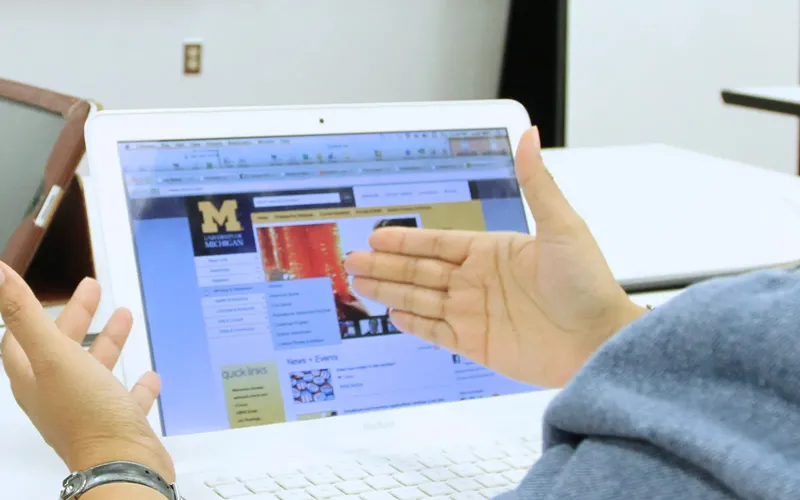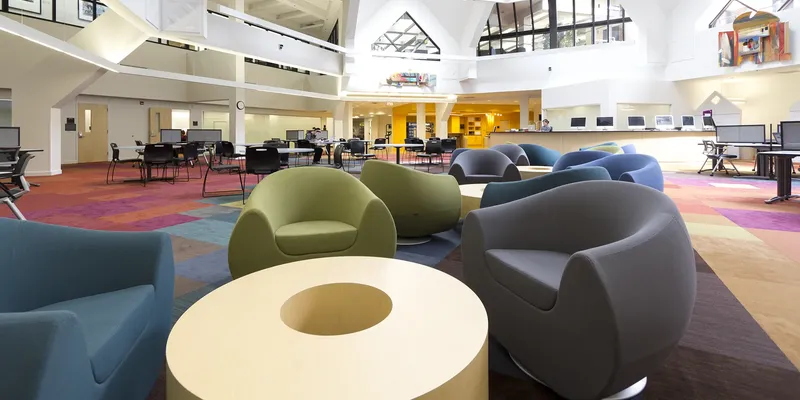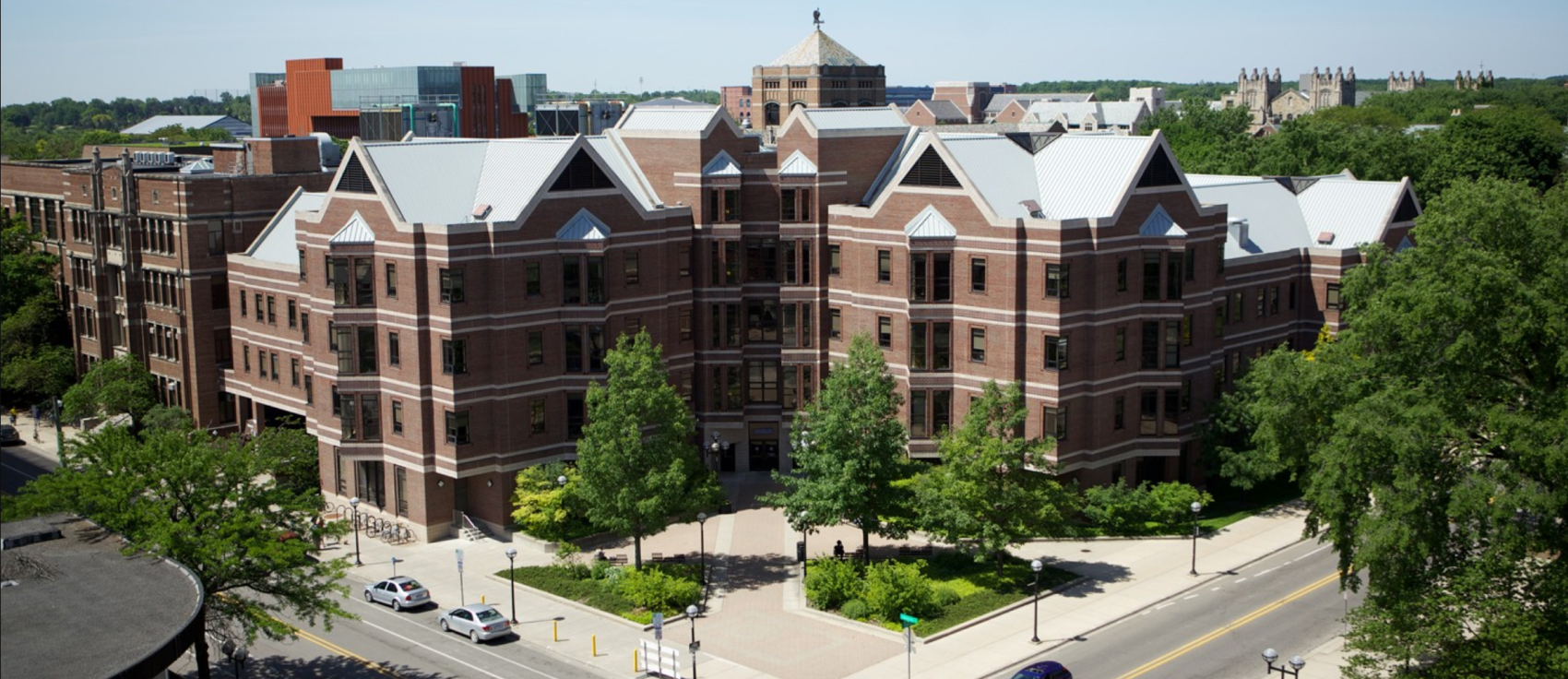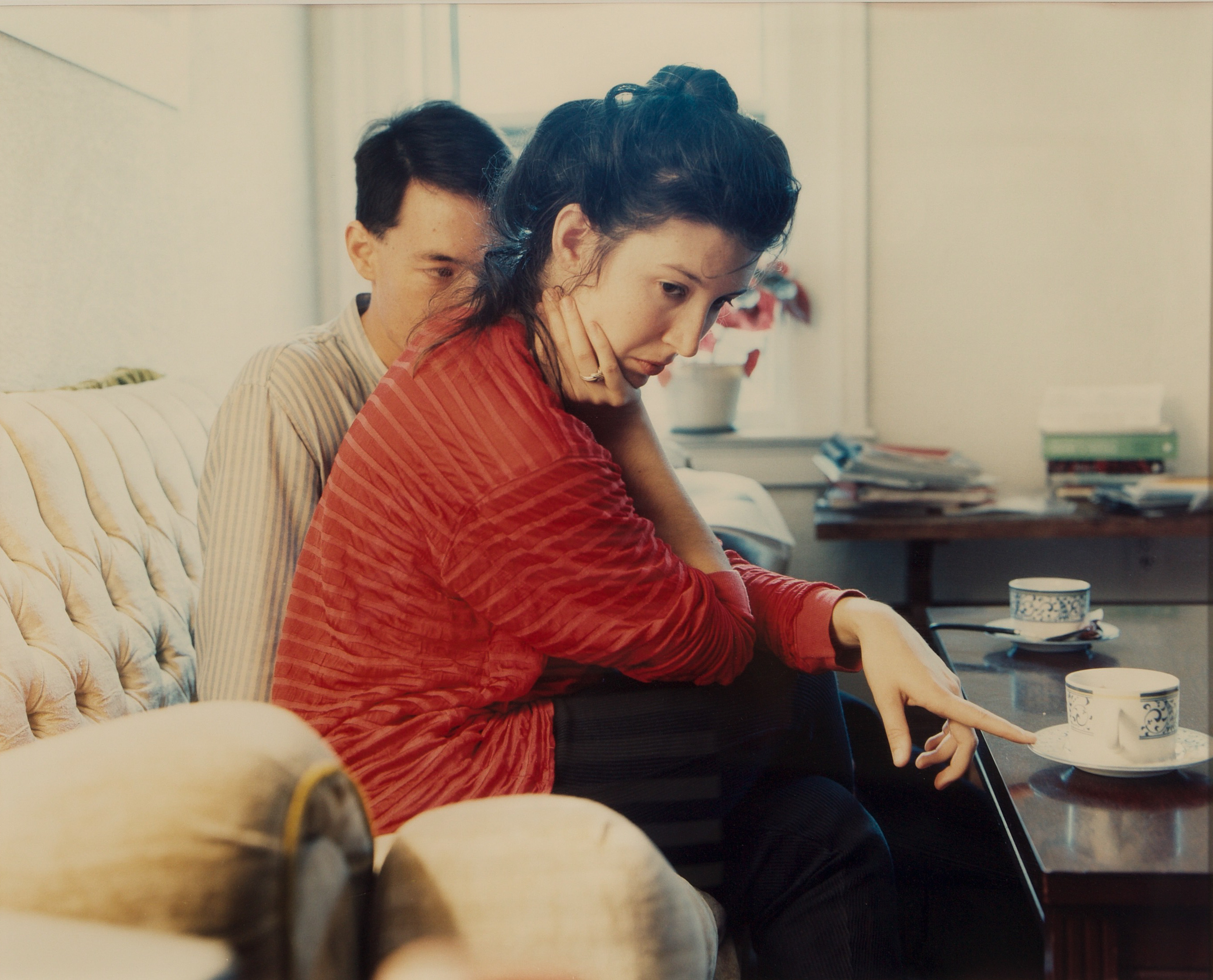A U-M MSW degree offers a broad range of specializations drawing on recent research, new learning innovations, and a strong interdisciplinary focus.
MSW students choose from eight specialized pathways that build on a generalist foundation and provide focused study in key areas of practice. Each pathway helps students develop advanced skills and apply them within specific contexts, policies, and service settings. Students complete 12 credits in their chosen pathway, with the option to pursue a second if eligible.
MSW Program Pathways
Children, Youth, and Families
Community Change
Global Social Work Practice
Interpersonal Practice in Integrated Health, Mental Health, & Substance Abuse
Management & Leadership
Policy & Political Social Work
Program Evaluation & Applied Research
Social Work Practice with Older Adults & Families from a Lifespan Perspective
Curricular Options
Dual Degree
Regularly admitted students in the School of Social Work may pursue a dual degree in another program at the University of Michigan at the same time, provided they have been admitted to the other program as well.
Secondary Pathway
Special Programs
U-M School of Social Work special programs offer specialized academic opportunities, some with significant financial assistance, that can enhance your learning and preparation for a career in social work.
Curriculum Schedules
Advanced Standing
If you have earned your BSW degree from a CSWE or CASWE accredited program, the advanced standing program may allow you to earn your MSW degree in less time by reducing credit-hours from 60 to 45.
MSW Program Length

Online MSW Program

Part-Time






